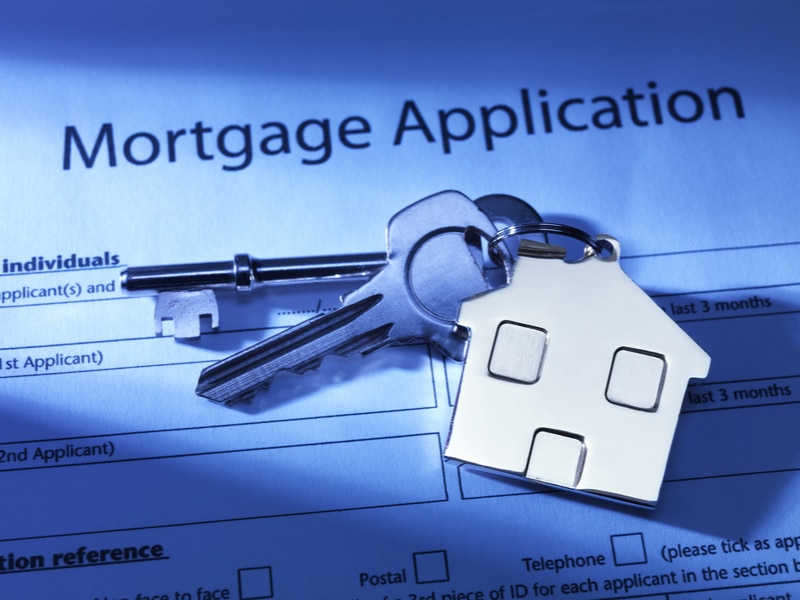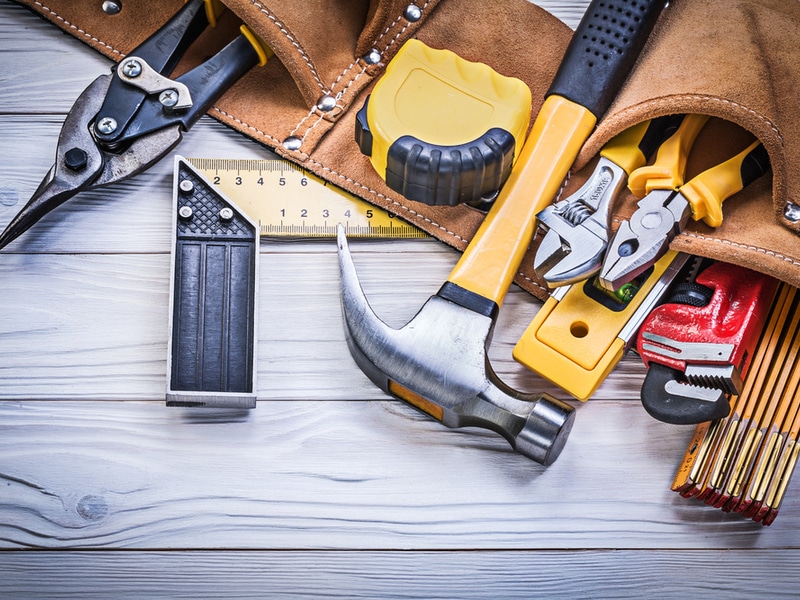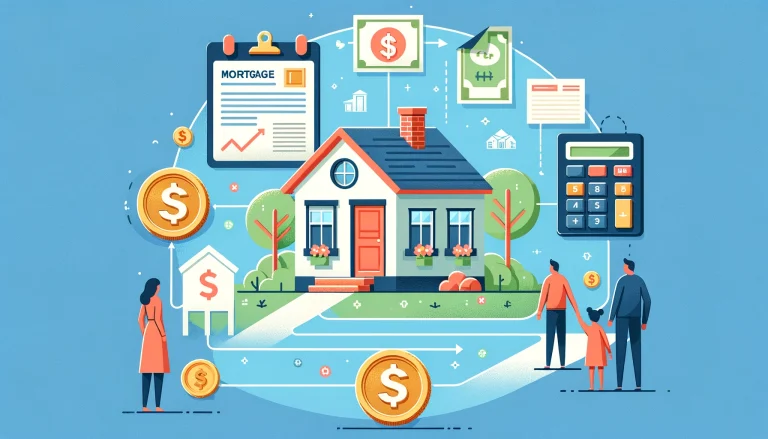If you’re buying a home for the first time, you should check everything a new homeowner should know. Buying a home is a huge investment, so it deserves your careful deliberation.
It can be quite daunting to choose from the myriad of loans, properties, and agents available. That’s why we’re here to with the homeowner tips to get you started right!
How to Become a Homeowner
Typically, there are several steps in home buying you should follow.
First, you should clarify what you need from your home. Next, you should check your credit score and budget, and find houses that match those.
Check available home loans, and speak to a real estate agent to help you. Once you’ve purchased a home, you must follow your mortgage repayment plan closely.
Ask Why You Need a New Home
Before becoming a new homeowner, you should be absolutely clear about what you want from your home.
Having a place to live is a basic need, but people have different reasons for purchasing their houses. Maybe you need a more affordable place, or you need to live nearer to your office.
Regardless, you should jot your reasons down and check them yourself.
Check Your Credit Score and Budget
Next, you should verify your credit rating and estimate your budget.
Your viable home choices depend on your credit health and spending power. As with most loans, new homeowners must have good credit and sufficient funds to get the best options. Otherwise, you may need to add home insurance or settle with less favorable properties.
Find a Good Real Estate Agent
You may check out home listings by yourself, but it’s better to ask a real estate agent for assistance. A real estate professional can lend their expertise to facilitate home buying.

They will work in your best interest and with their connections to find the best home for you. Make sure you get along with your chosen agent and get their contact information.
Get Pre-qualified
Pre-qualification involves discussing with lenders for potential homes. You should pre-qualify by checking the estimated mortgage terms for each property available.
It’s informal, so you may browse your options as an aspiring new homeowner without worry. This isn’t like pre-approval which includes supporting documentation for mortgage applications.
Prepare Necessary Funds
After you’ve chosen a prospective home, you should save for the amount needed for closing costs and downpayment.
Whether you’re taking out FHA loans or private ones, it’s best to prepare 20% of the loan amount or more.
You may pay less downpayment, but you might have to include mortgage insurance. This adds to your monthly payments and increases the long-term overall total.
Inspect the Property Yourself
As a new homeowner, you have to visit your selected home before purchasing it. There’s no better way to check how living there might be.
As you’re headed there, check if the neighborhood seems pleasant and safe. Once you arrive, check the surroundings for any problems. Then, enter the property to get a sense of the space inside.
Negotiate An Offer
Once you’ve selected a home, it’s time to negotiate with your mortgage lender.
This is when a real estate agent becomes invaluable. Your agent will be able to draft a proper contract in adherence to legal requirements.
New homeowners may do it themselves, but it will make home purchases significantly difficult.
Apply for a Mortgage
After the offer is accepted, you should apply for a mortgage. Lenders will provide options based on your credit score, just like regular loans.

If you have good credit, you may pick their fixed-rate mortgages, so you pay a consistent interest rate every month. Otherwise, you might have to settle for variable-rate loans with fluctuating rates of interest.
Get Home Insurance
In addition, your home should have insurance in case of an emergency. If your home was destroyed or burglarized, your insurance may cover the costs.
New homeowners need home insurance if they paid less than 20% for a down payment. If you took out a loan from the Federal Housing Administration, it will have an FHA insurance included.
Finalize Your Home Purchase
Lastly, you should fulfill all the other requirements for closing your home purchase.
Gather all the required documents, and check for steps you may have forgotten. Read the contracts thoroughly, so you fully understand every stipulation of your home purchase.
Complete all paperwork and pay all the necessary fees, and you’re now a homeowner!
What Should a New Homeowner Expect?
Aside from refurbishing your new abode, you should anticipate the monthly mortgage payments. As a new homeowner, it’s best to have a home with an affordable mortgage.
Always have enough set aside for monthly payments, and make sure to complete them on time. If you don’t, you may have to pay late fees, or worse, eventually risk foreclosure.
What is the First Thing to Do After Buying a House?
The first priority as a new homeowner is home maintenance, so you can extend the life of your new house. Check around your house for anything that needs repair.
Also, check your home’s internal components like wiring and plumbing for any signs of damage. For example, repair or replace your hot water heater if it’s not functioning properly.

We recommend prioritizing energy efficiency for your home in order to minimize utility costs. Performing repairs also help you minimize energy bills and other monthly fees.
If you repaired or replaced your water fixtures, you may find your water bills decrease. You may also repair your broken air conditioning unit or exchange it for an energy-efficient unit.
How Much is Homeowner Insurance?
As a new homeowner, you’re obligated to pay your home insurance every month.
Just like your car insurance, the costs will depend on multiple factors. These typically include your credit score, your income, and economic conditions.
In 2018, Americans paid an average monthly payment of $1,556, depending on their state.
Is it Worth Being a Homeowner?
The quality of your homeowner experience wholly depends on you. Before purchasing your new home, you should have planned thoroughly.
You should have anticipated the various costs of home improvement, maintenance, and monthly payments.

If you were prepared for these aspects of homeownership, then you’re more likely to appreciate being a new homeowner.
Final Thoughts
Buying your new home requires a lot of deliberation and planning. You must have clear reasons for purchasing a house, and you should check all your viable options.
Make sure you can truly afford the closing costs and the following monthly payments. In addition, you should repair utilities in your home and prioritize energy efficiency to save money.
New Homeowner FAQs
How can I be a good homeowner?
You can become a good homeowner by maintaining your home properly. In addition, you should submit your home’s payments on time in order to avoid foreclosure.
How to buy homeowner insurance?
You can check your local government for their list of home insurance options. Even better, you may just use your favorite search engine for a vast array of insurers.
How to become a homeowner with bad credit?
You may become a homeowner with poor credit by checking lenient home lenders and first-time homebuyer programs. If you have time, you can improve your credit first before purchasing a home.
What is the financial risk of being a homeowner?
Your home’s equity and mortgage interest rates may fluctuate due to economic conditions. Also, failing to pay home payments on time may jeopardize your credit and risk your homeownership.












